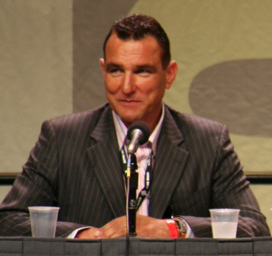A Quote by Mohnish Pabrai
Industries with rapid change are the enemy of the investor. Tech businesses, particularly biotech, is a problem from that point of view. All industries work with change, but you should ideally be investing in businesses with a low rate of change, not a high rate of change.
Related Quotes
My experience to date has been that change, particularly relative to business, rarely happens in a revolutionary way. That isn't to say there are not times when major change happens, but my experience is that particularly when you're encouraging businesses to change of their own volition, the change is more slow over time. I don't think global trade is going to go away. I think it's unlikely that global trade and multinationals are not going to be around.
In most industries, technological change is happening at a rapid rate. I find it is happening in different ways to every industry in the world, and positioning yourself for that, and trying to get ahead of that, is a big conversation right now. Digitization has created opportunities for everybody to accumulate information in a way they were never able to, and analyze it with a speed that just wasn't there.
You see, I know change
I see change
I embody change
All we do is change
Yeah, I know change
We are born to change
We sometimes regard it as a metaphor
That reflects the way things ought to be
In fact change takes time
It exceeds expectations
It requires both now and then
See, although the players change
The song remains the same
And the truth is...
You gotta have the balls to change


































